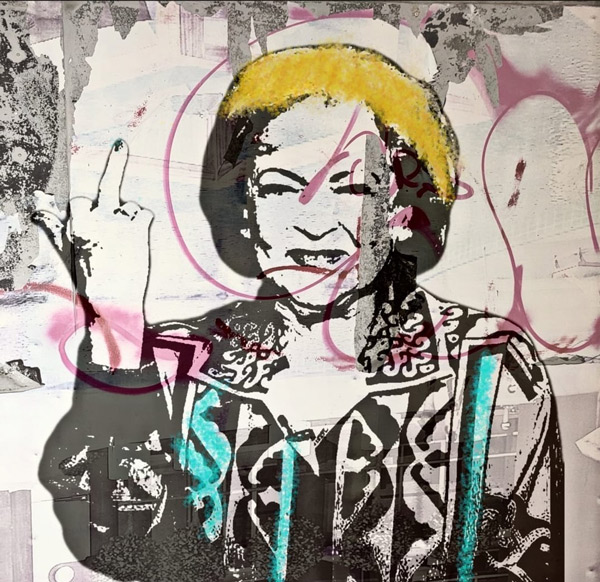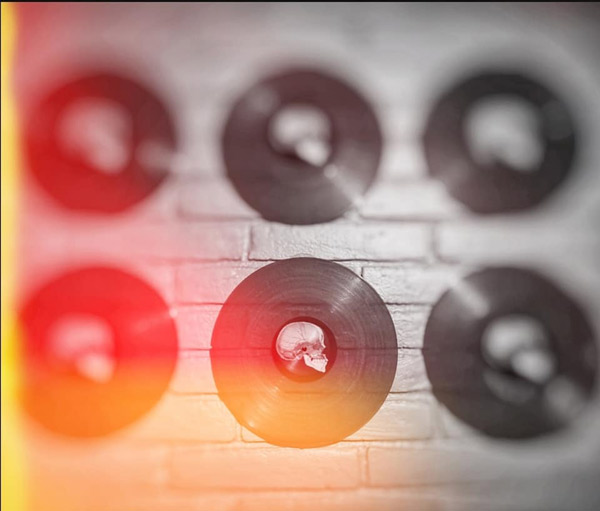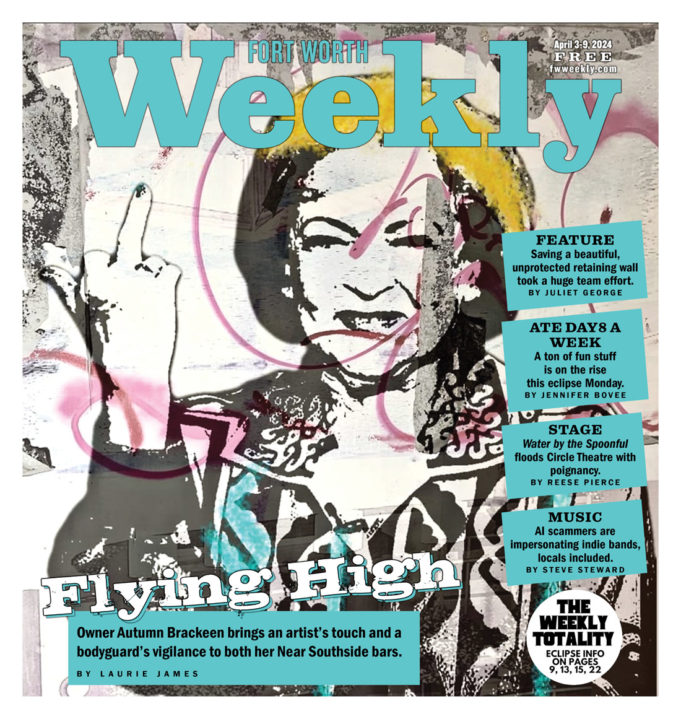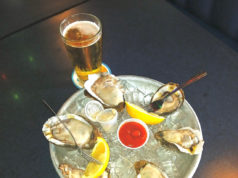While the Boiled Owl Tavern wasn’t the first hangout to appear during West Magnolia Avenue’s boom over the last two decades –– Benito’s, the Chat Room, and King Tut predate almost everything else there –– 12 years of success this past February puts the Owl’s ownership in the position of venerable Near Southside elders, and Autumn Brackeen was one of the first women to own a bar in Fort Worth. Having a male co-owner, Jason Alford, whom she met in school in HEB, has turned out to be useful. If a little odd. Brackeen is the one with two decades of service-industry experience and knowledge about ordering, inventory, and promotions, but in the beginning, she said that when she and her co-owner met with people about the Owl, the questions were directed at Alford, who had none of her experience — but did have a Y chromosome.
“I am pretty outspoken,” Brackeen told me. “I don’t let myself be ignored or underestimated.”
When I caught up with her, she was visiting New York City, where she lived from 2000 to 2007. She’s also a mixed-media artist, and she’s using her sabbatical “to buckle down away from distractions and create some things. It’s a change of scenery, and I needed that to rev my energy.”
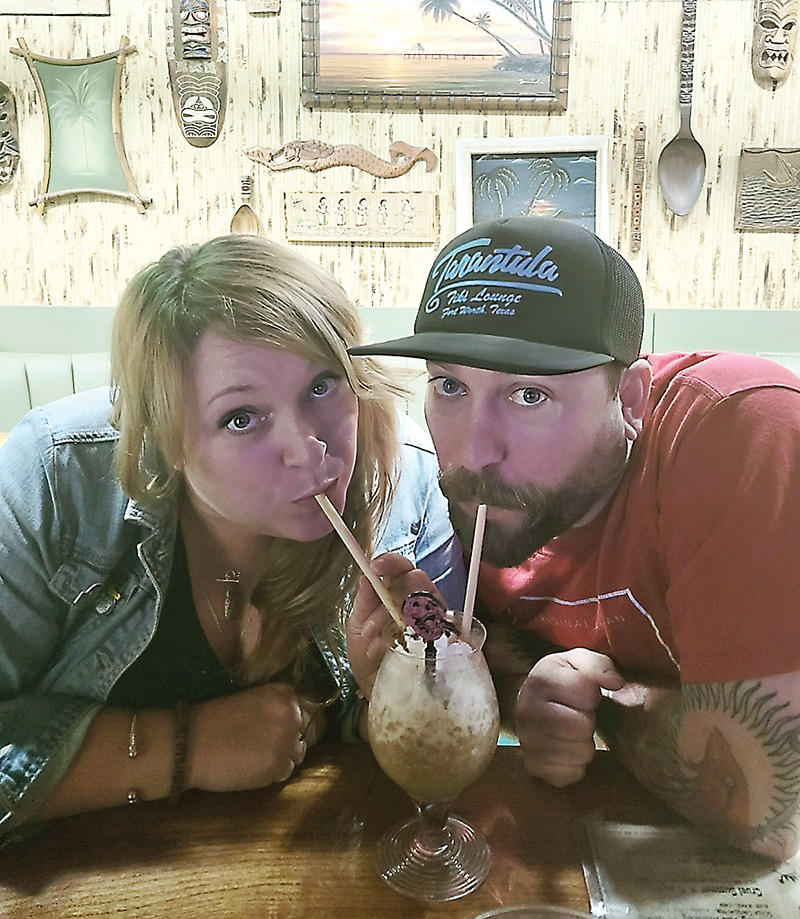
Courtesy Autumn Brackeen
New York was where she got her service industry start, at bars not frequented by celebrities and stockbrokers but by the blue-collar people from the neighborhoods. Brackeen was working in early September 2001 and through the dark days that followed the attacks on the World Trade Center towers.
“That actually brought everyone out to the bars,” Brackeen said.
Her customers were the ones digging people out of the rubble, and they came to the bar to cry, commiserate, and perhaps drink to forget.
“We were the regular bar of one of the fire precincts that got hit hard,” she said.
Brackeen moved back home the year she turned 30 and worked a few “real” jobs. A stint in a local city animal rescue made up her mind that she’d spent enough time working for other people. Rescuing and rehabbing animals was “rewarding but emotionally taxing,” she said. “There was lot of compassion fatigue in that. It’s good to be where there’s just regular fatigue.”
Casting around for ideas, Brackeen asked Alford if he was up for a career change. She said they settled on Magnolia for their fledgling bar in part because the Near Southside strip was one of the first examples of relative walkability in Fort Worth. Brackeen missed that about New York City, where you could walk from your house or apartment to a restaurant for dinner, then to another for dessert, coffee, or a nightcap, and then back home.
Eight years after opening The Boiled Owl, Brackeen launched Tarantula Tiki Lounge with four partners, including Alford and three long-term Owl bartenders. The Tarantula is not far from the Owl, in another walkable neighborhood, the Near Southside’s SoMA, or South Main Village.
“Boiled as an owl” is apparently a Victorian-era expression describing someone in their cups, and allegedly Alford landed on that as the name. The owl theme caught on, and so did the Pride flags. Brackeen said the staff left them up past June one year “because why not? That flag says two things: Everyone is accepted, and hateful behaviors are not.”
Over the last decade, Brackeen has hosted events and fundraisers for Planned Parenthood, the Texas Equal Access fund for reproductive health care, and the Trans Pride Initiative, and her staff has been active in registering people to vote.
Brackeen’s zero-tolerance policy for “nonsense” in her bars, whether that’s overt sexism, racism, or inappropriate or threatening behavior, comes in part from her time in NYC. There’s a special kind of aggro assholery that happens when a guy’s had a few too many and tries to invite himself to sit and stay too long. Even a woman declining a drink from a man can cause the allegedly grown-up dude to scream like a toddler who needs a nap, or a spanking, and her staffers at both places are known for keeping women safe.
“Women should be able to hang out and drink beer and listen to music without worrying about it,” she said.
The Tarantula opened in March 2020 and promptly closed 10 days in during the early days of the COVID pandemic.
“We reopened in October,” Brackeen said. “It’s a blur and a hard time for me to remember.”
Brackeen and her crew enjoyed 10 days of sales “and then all of the debt that came with opening.”
Fortunately, she said her landlord was willing to work with her in those first uncertain months.
“We were lucky to have a reputable landlord who cares about the neighborhood, not just the building,” she said.
Unlike Brackeen’s experience in New York in the aftermath of September 11, in those early COVID days, people weren’t grieving and mourning together. People became “divisive and combative.”
When I asked Brackeen if the bar scene is as hand-to-mouth as restaurants, she didn’t think too long before answering. “I don’t know of any service industry or retail establishment having a great time right now. Costs for alcohol and supplies have increased by about 30%. None of us are having record-breaking sales right now.”
Brackeen said her employees and co-workers are the difference-makers in an industry where a friendly go-to face can make or break a night’s experience.
“I have the best staff of any bar or restaurant in Fort Worth,” she said. “You don’t see a place have the limited [staff] turnover we’ve had unless people feel they are appreciated. They care about each other and the customers.”
Dealing with the kind of aggression that comes out of people –– no matter which chromosome pairs they have –– is itself a challenge. Cultivating staffers who can cut off folks on the tipsy side is the key to keeping everyone safe, she said, adding that she’s experimenting with options to keep people going out even if they’re not drinking. With so many non-booze options like CBD seltzers and zero-proof beer, she said, “We’re trying to offer what people want, so they don’t feel like it’s either stay in or party all night. We’re not serving holy water. You have to be diligent. Your customers are more vulnerable than people at a coffeeshop.”
